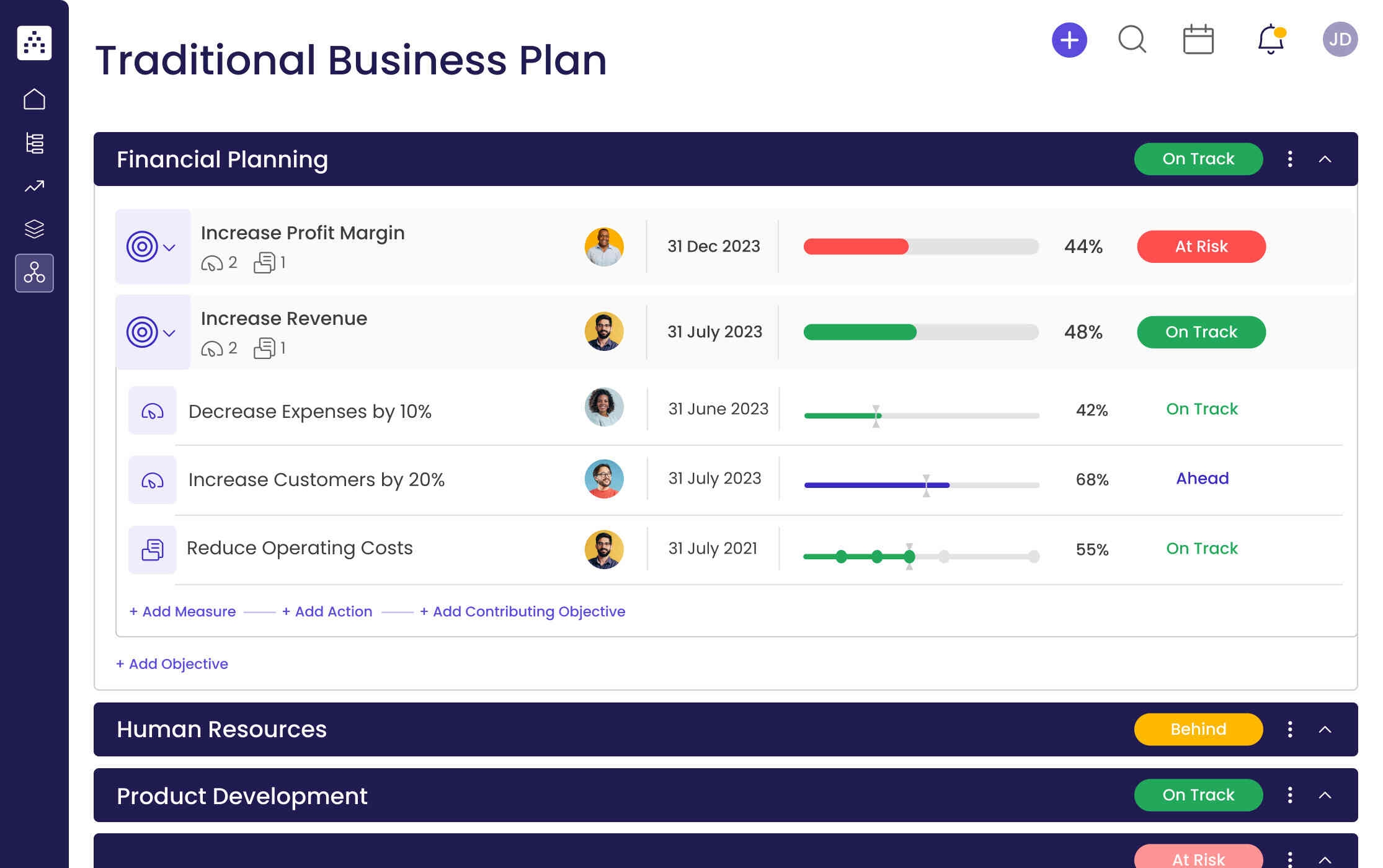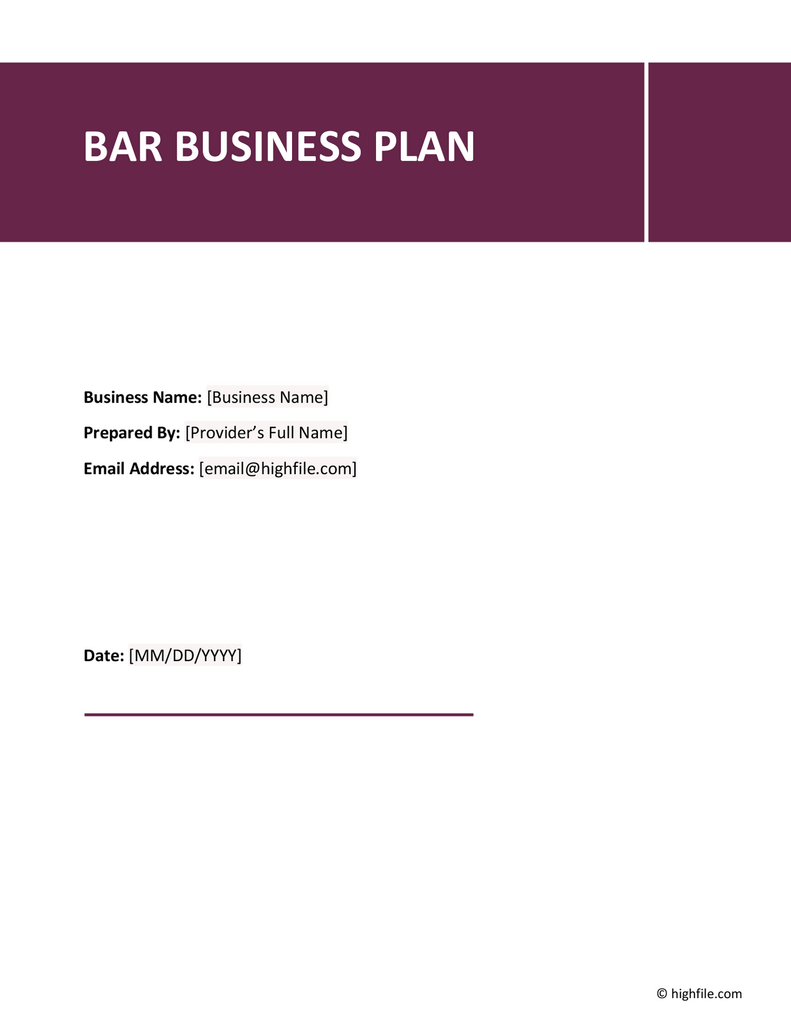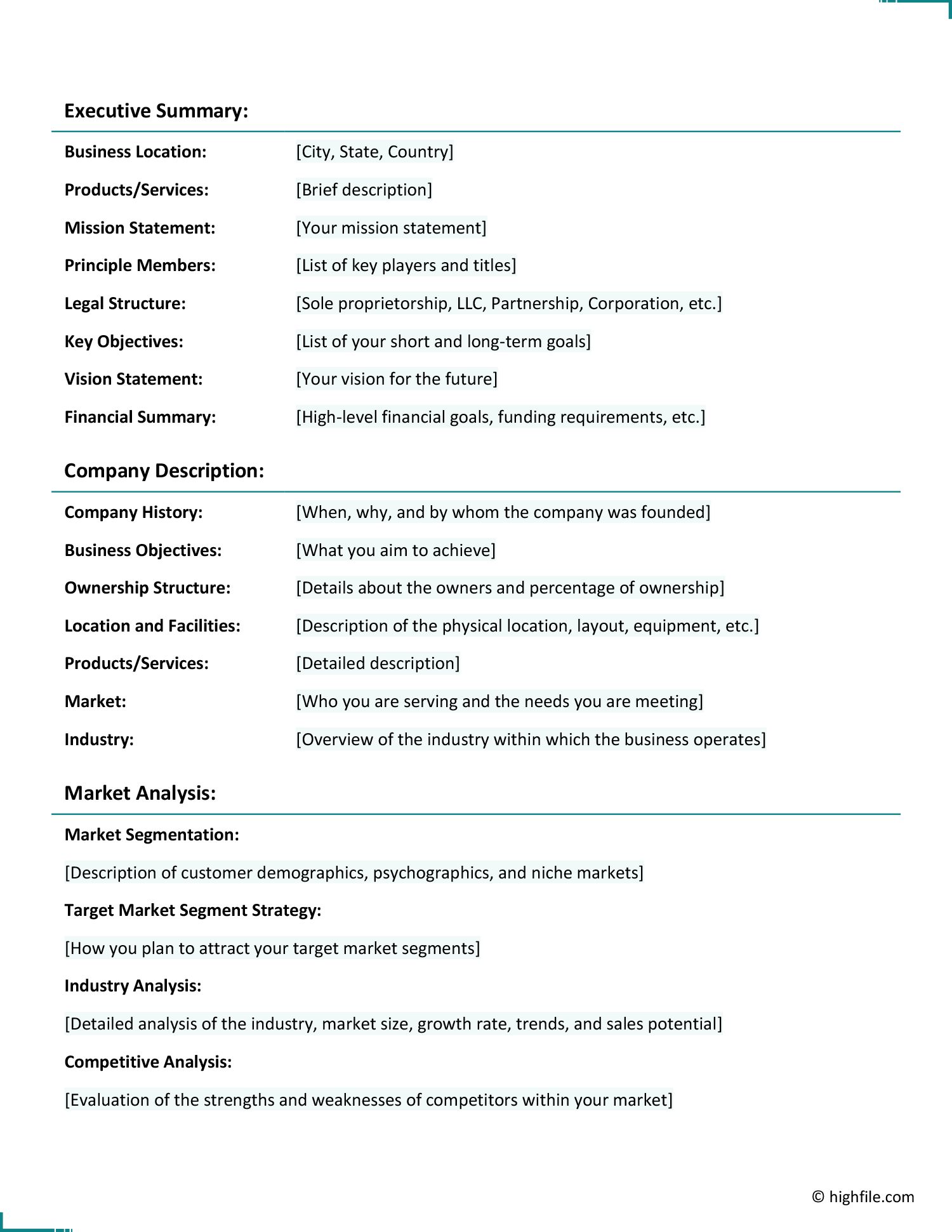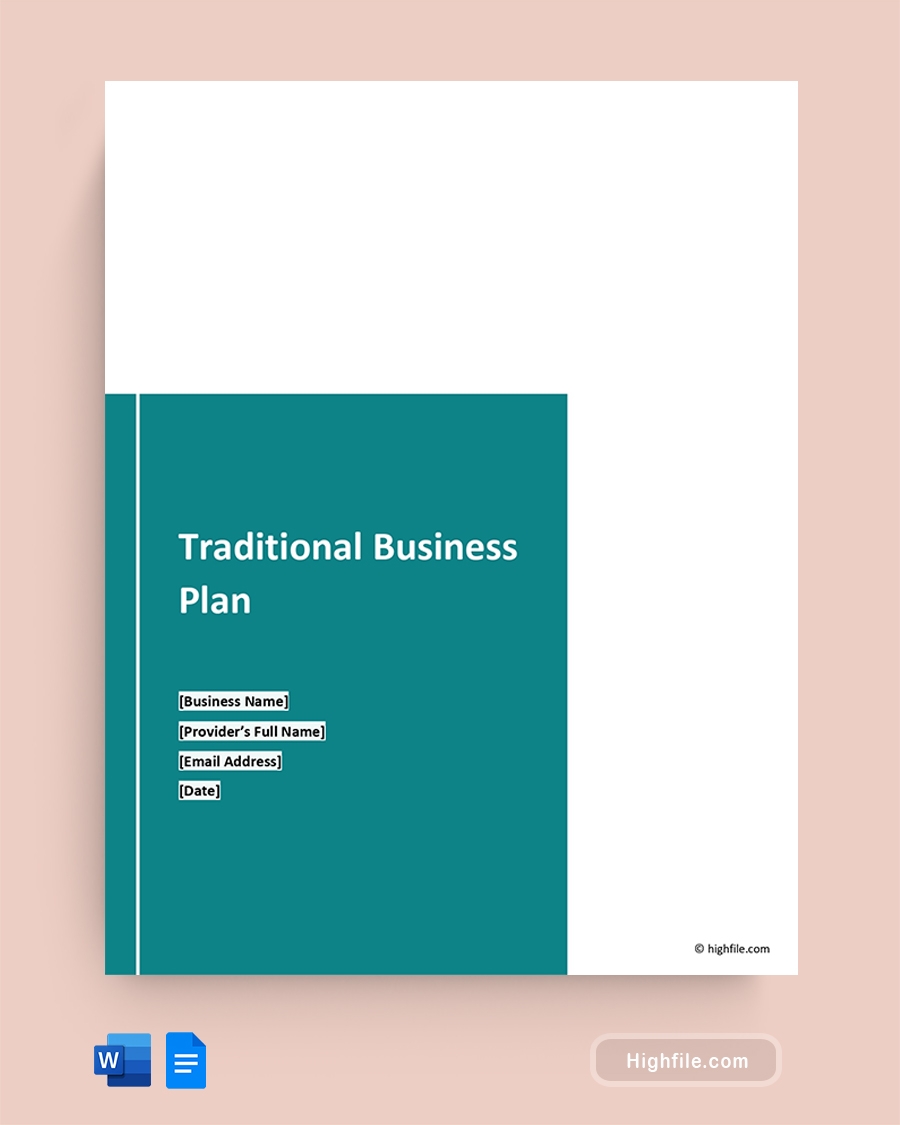In today’s competitive business world, having a well-thought-out business plan is essential for success. A traditional business plan template provides a structured outline for entrepreneurs to follow when starting or growing their business. By following this template, business owners can ensure they have covered all the essential aspects of their business and have a clear roadmap for success.
A traditional business plan template typically includes sections such as an executive summary, company description, market analysis, organization and management, products and services, marketing and sales, funding request, financial projections, and appendix. Each section plays a crucial role in outlining the business’s goals, strategies, and financial projections.
The executive summary is the first section of the business plan and provides a brief overview of the entire document. It summarizes the key points of the business, including the target market, unique selling proposition, and financial projections. The company description follows, providing a detailed overview of the business, its mission, and vision.
Market analysis is a critical section that outlines the industry the business operates in, target market demographics, competition analysis, and market trends. This section helps business owners understand their competitive landscape and identify opportunities for growth. Organization and management detail the company’s organizational structure, key personnel, and responsibilities.
Products and services describe the offerings of the business, including features, benefits, and pricing. Marketing and sales outline the strategies the business will use to attract and retain customers. Funding request details the financial needs of the business, including startup costs and ongoing expenses. Financial projections provide a roadmap for the business’s financial performance over the next few years.
In conclusion, a traditional business plan template is a valuable tool for entrepreneurs looking to start or grow their business. By following this structured outline, business owners can ensure they have covered all essential aspects of their business and have a clear roadmap for success. Whether seeking funding from investors or setting strategic goals, a comprehensive business plan is essential for long-term success.





